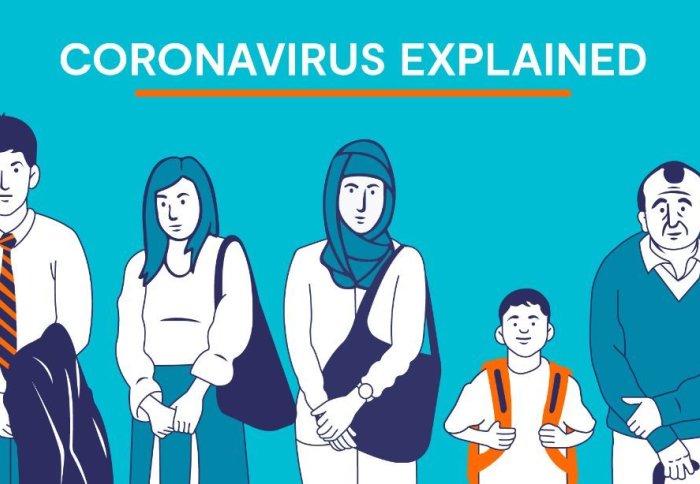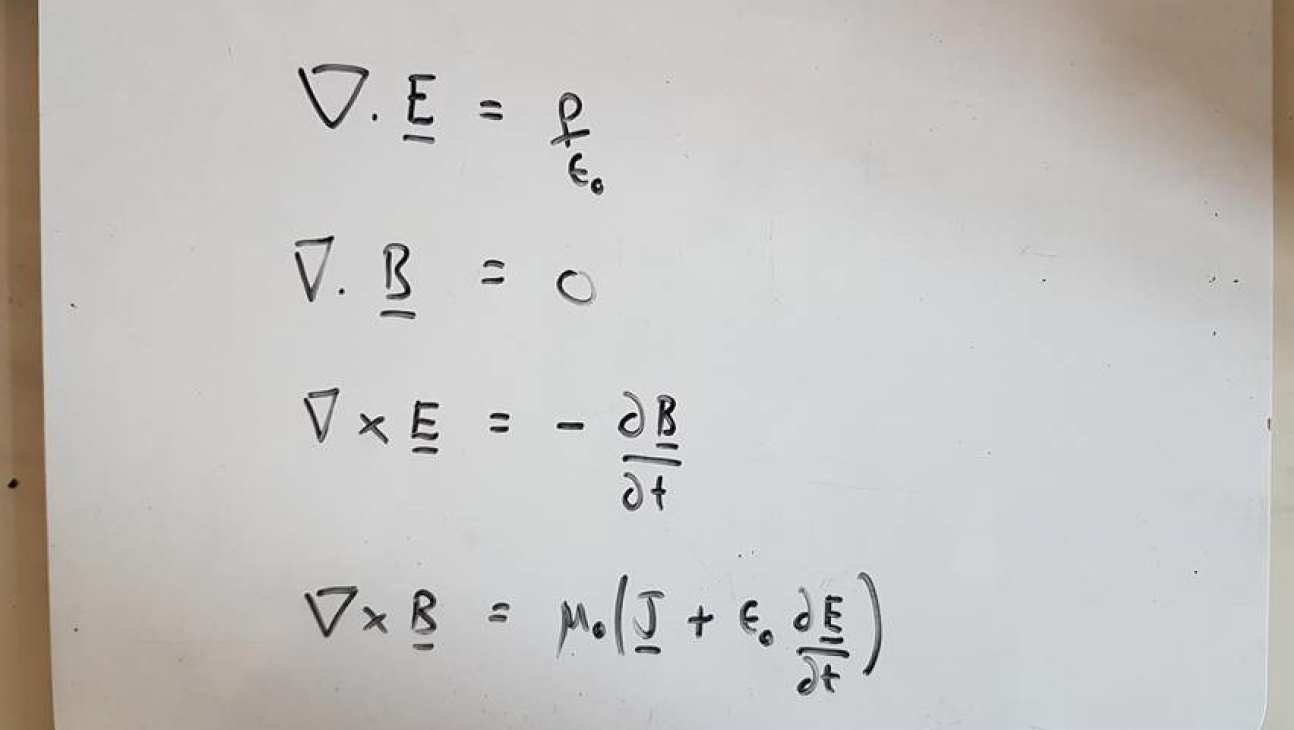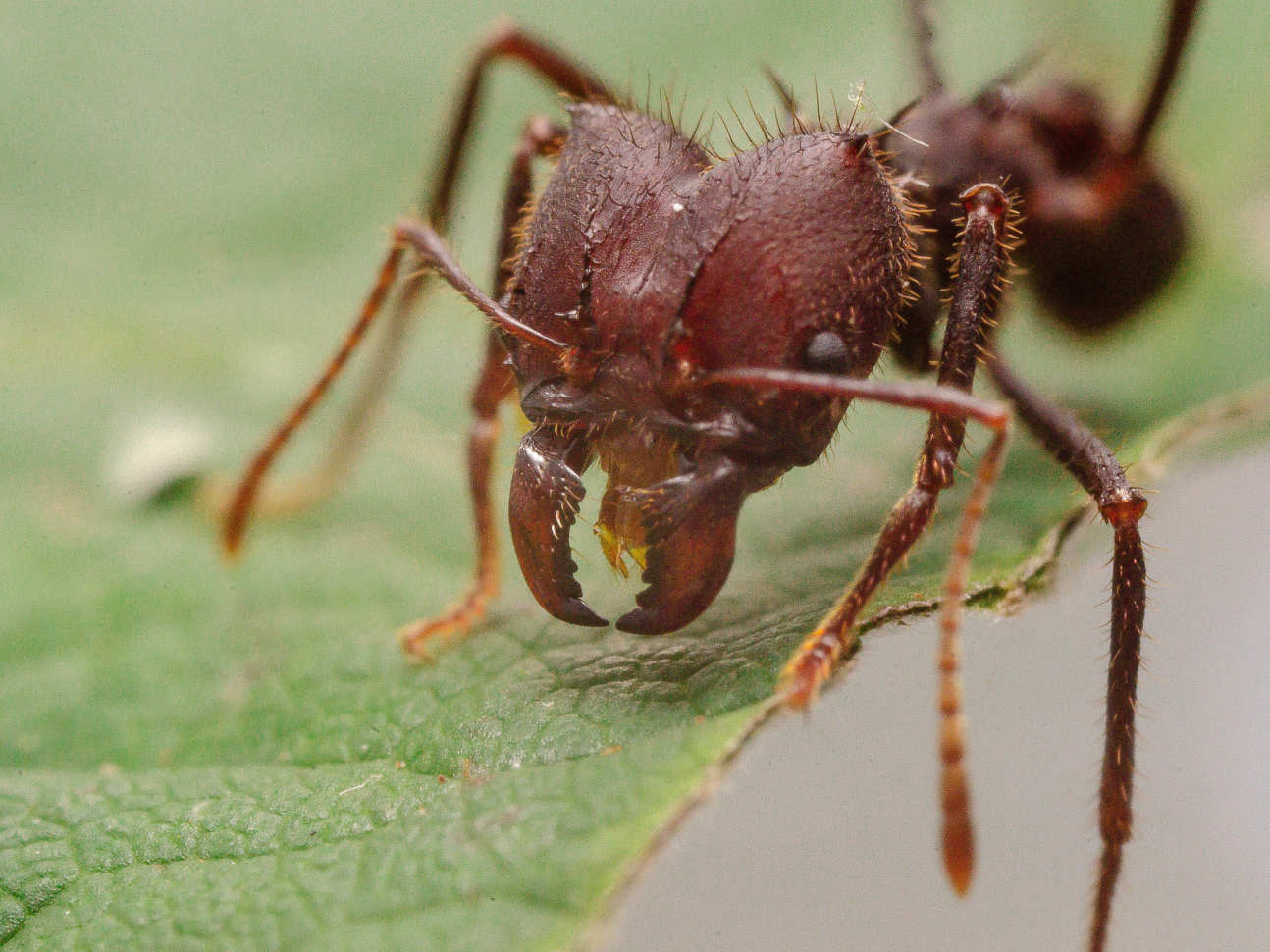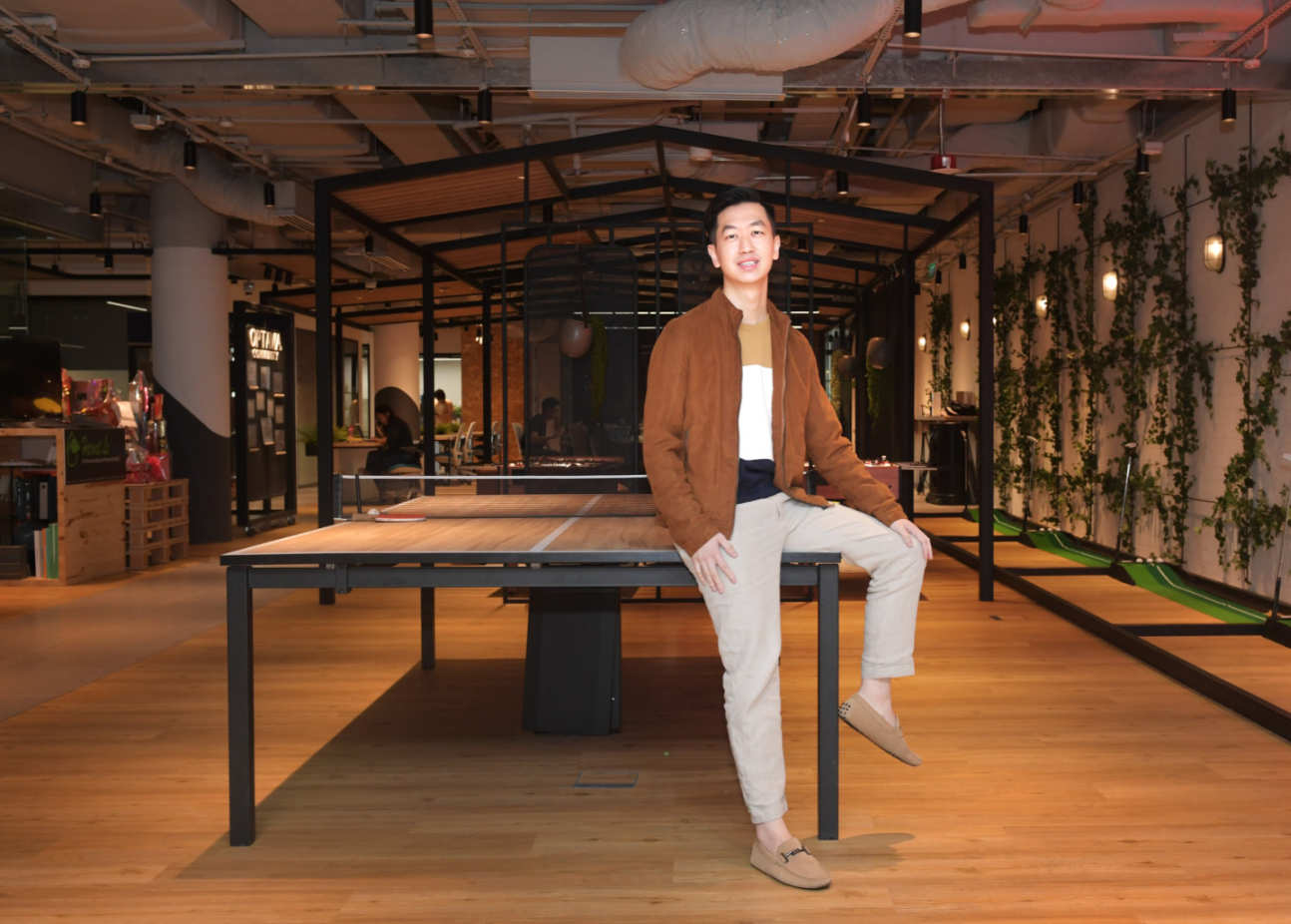Coronavirus portal and an enterprising engineer: News from the College

Here’s a batch of fresh news and announcements from across Imperial.
From a new public website for those interested in the science of COVID-19, to an Imperial alumnus named as one of Forbes’ 30 Under 30 Asia, here is some quick-read news from across the College.
Coronavirus portal
Researchers at Imperial have contributed to a new public website for those interested in the science of COVID-19, making available their expertise relevant to the coronavirus outbreak.
Coronavirus: the Science Explained provides authoritative and up-to-date explanations of the scientific evidence behind the COVID-19 pandemic. Topics include evidence and facts about the virus, information on how people are infected and treatment options, alongside links to published and pre-published scientific papers.
Imperial’s Professor Neil Ferguson and Professor Ajit Lalvani are contributing editors to the website, while Dr Rhia Kundu, Dr Lucy Okell and Timesh Dr Pillay are listed as research contributors.
The website was developed by UK Research and Innovation with the support of the UK Government’s Chief Scientific Adviser and Chief Medical Adviser.
Visit the Coronavirus: the Science Explained website.
Charge and the light brigade
 A classic theory in physics includes Maxwell’s equations, linking electric and magnetic fields as ‘electromagnetism’. Now, physicists from Imperial and Lancaster University have suggested an upgrade to the 150-year-old theory, which would allow electromagnetic fields to interact with new materials and hypothetical particles called axions.
A classic theory in physics includes Maxwell’s equations, linking electric and magnetic fields as ‘electromagnetism’. Now, physicists from Imperial and Lancaster University have suggested an upgrade to the 150-year-old theory, which would allow electromagnetic fields to interact with new materials and hypothetical particles called axions.
Axions are mysterious particles that were thought to only interact with the surfaces of materials. Under the new version of electromagnetism, axions would also be detectable within blocks of materials.
The team suggest metamaterials – materials engineered to have properties not found in nature – could be designed that would mimic axions, allowing the first measurements of their behaviour
Imperial’s Professor Martin McCall said: “This presents opportunities for new – and unexpected – advances in our understanding of light, electromagnetism, and material properties.”
Read more in Physical Review A: ‘Electromagnetism, axions, and topology: A first-order operator approach to constitutive responses provides greater freedom’.
Plant boost
 Plants use the pigment chlorophyll to absorb light energy during photosynthesis. However, chlorophyll can come in different forms, with one type, chlorophyll f, able to absorb a wider spectrum of light – making use of far-red light as well as visible light.
Plants use the pigment chlorophyll to absorb light energy during photosynthesis. However, chlorophyll can come in different forms, with one type, chlorophyll f, able to absorb a wider spectrum of light – making use of far-red light as well as visible light.
Chlorophyll f is found in certain cyanobacteria (blue-green algae), but if it could be produced in plants like crops, it could help them harvest more light and grow more efficiently.
Now, researchers at Imperial have discovered the enzyme that makes chlorophyll f. Surprisingly, they have found that it is related to the oxygen-evolving photosystem II complex. They hope to next to try and use the enzyme to make chlorophyll f in simpler green algae and in plants.
Read the full study in Nature Plants: ‘Chlorophyll f synthesis by a super-rogue photosystem II complex’.
Grant award
 Dr David Labonte has been awarded a highly competitive Human Frontier Science Program (HFSP) Grant. The three-year funding supports novel collaborations among teams of scientists in different countries.
Dr David Labonte has been awarded a highly competitive Human Frontier Science Program (HFSP) Grant. The three-year funding supports novel collaborations among teams of scientists in different countries.
Dr Labonte, of Imperial’s Department of Bioengineering, will lead a team from Imperial, UC Riverside and University of British Columbia to uncover the mechanical and energetic constraints which govern the performance of plant-eating insects, focusing in particular on pest species like leaf cutter ants and stored product beetles. The project will integrate experimental work with insects, theoretical mechanics and muscle physiology.
Dr Labonte said: “By combining perspectives from different disciplines, we hope to provide a more comprehensive picture of the factors which determine the success of insect pests.”
Read more on the Human Frontier Science Program website.
Enterprising engineer
 Imperial alumnus Yi Ming Ng has been named as one of Forbes’ 30 Under 30 Asia for co-founding Singapore’s first government-backed blockchain accelerator.
Imperial alumnus Yi Ming Ng has been named as one of Forbes’ 30 Under 30 Asia for co-founding Singapore’s first government-backed blockchain accelerator.
Founded in 2018, Tribe Accelerator aims to help blockchain, a system to maintain a record of transactions made in cryptocurrency, solve real-world problems. Last year, it accelerated more than 19 startups with a combined value of more than $500 million. Tribe also runs a blockchain academy offering scholarships to developers across South East Asia.
Forbes’ annual 30 Under 30 Asia list features 300 young entrepreneurs, leaders and changemakers who are challenging conventional wisdom and rewriting the rules for the next generation.
Yi Ming graduated from Mechanical Engineering in 2016.
Find out more on the Forbes website.
–
Want to be kept up to date on news at Imperial?
Sign up for our free quick-read daily e-newsletter, Imperial Today.

Article text (excluding photos or graphics) © Imperial College London.
Photos and graphics subject to third party copyright used with permission or © Imperial College London.
Reporter
Madeleine Stone
Business School
Hayley Dunning
Communications Division
Joanna Wilson
Communications Division
Caroline Brogan
Communications Division